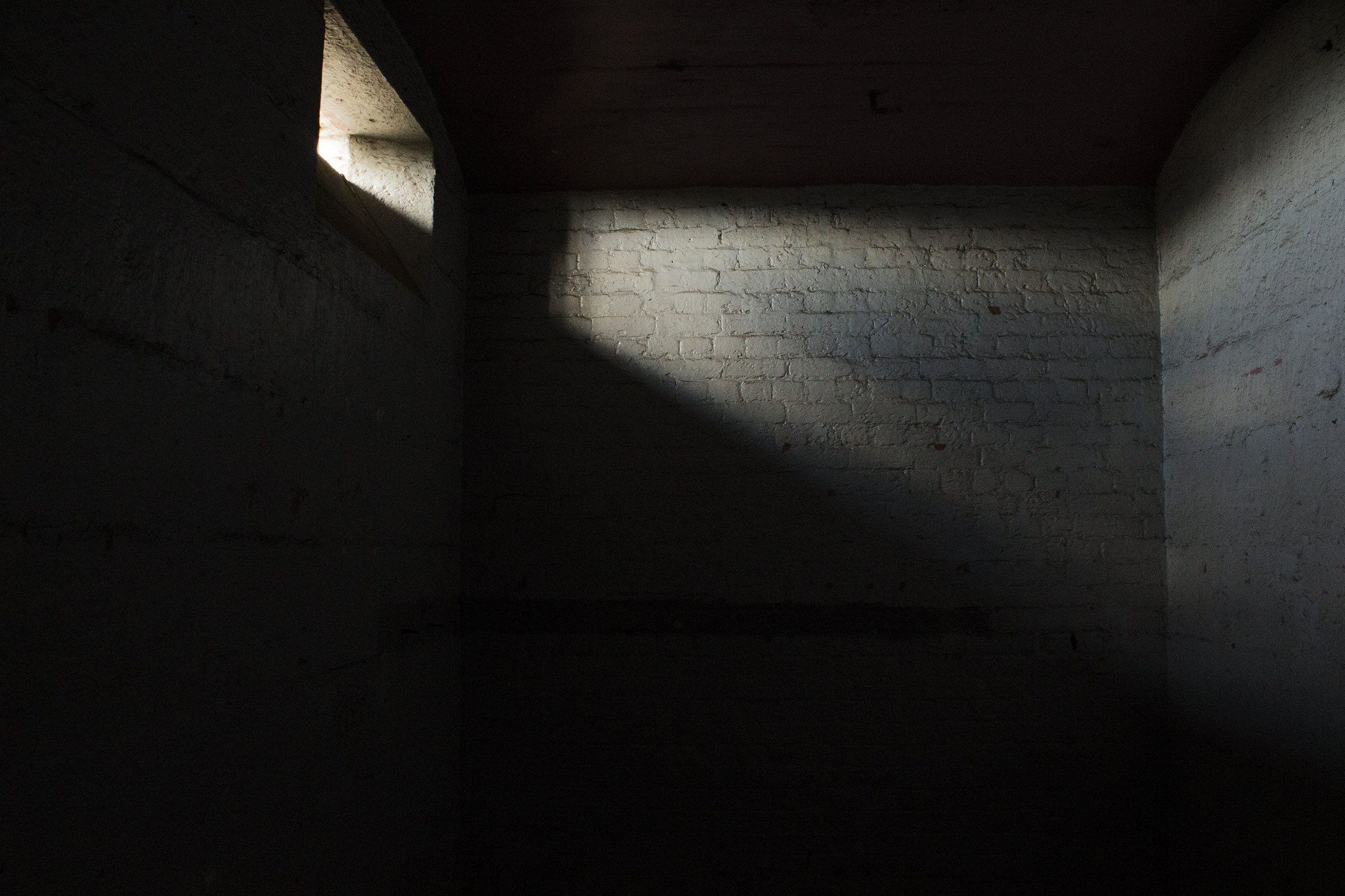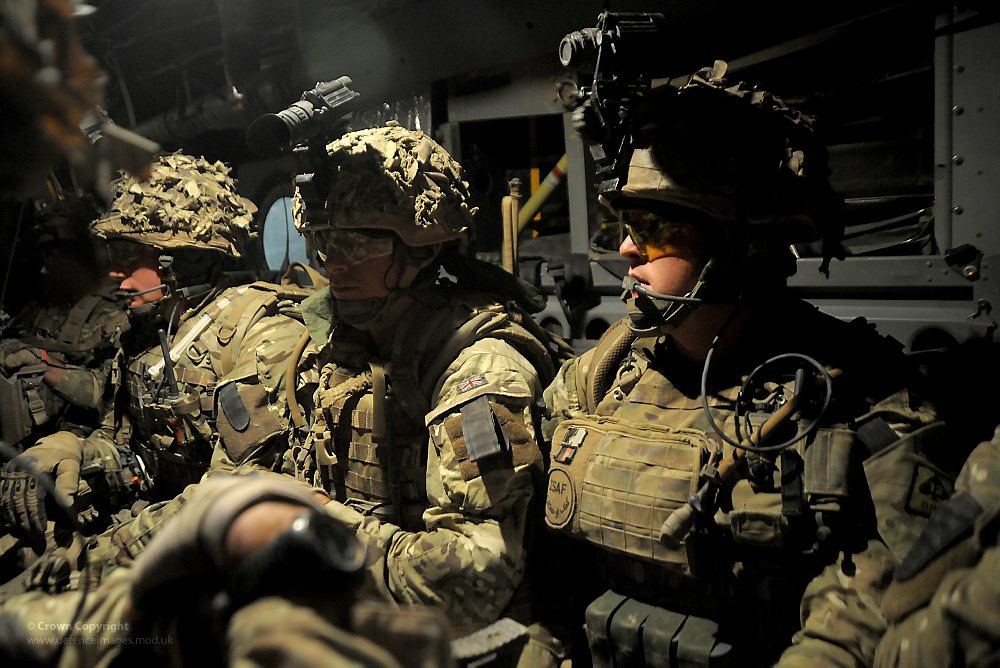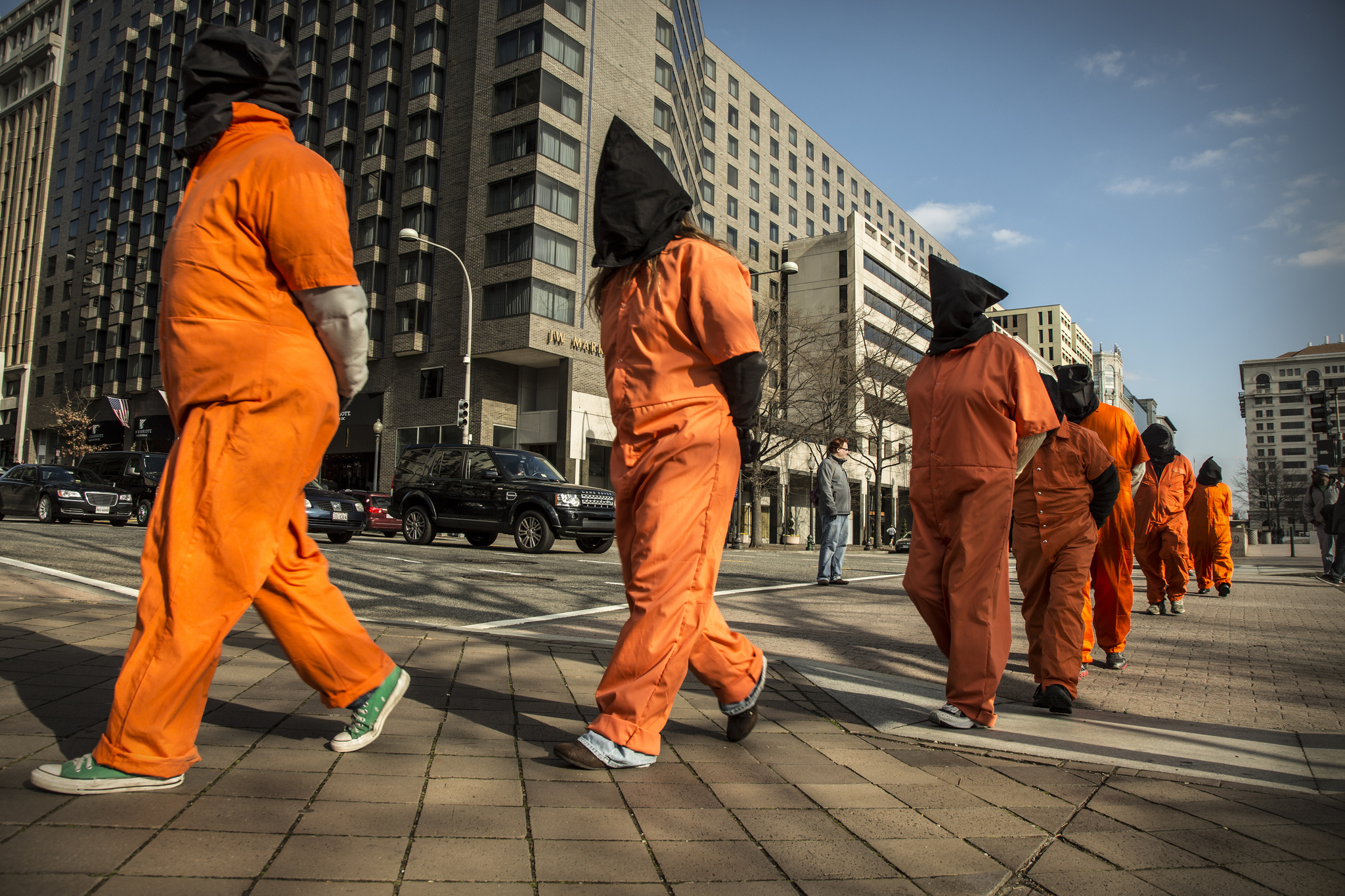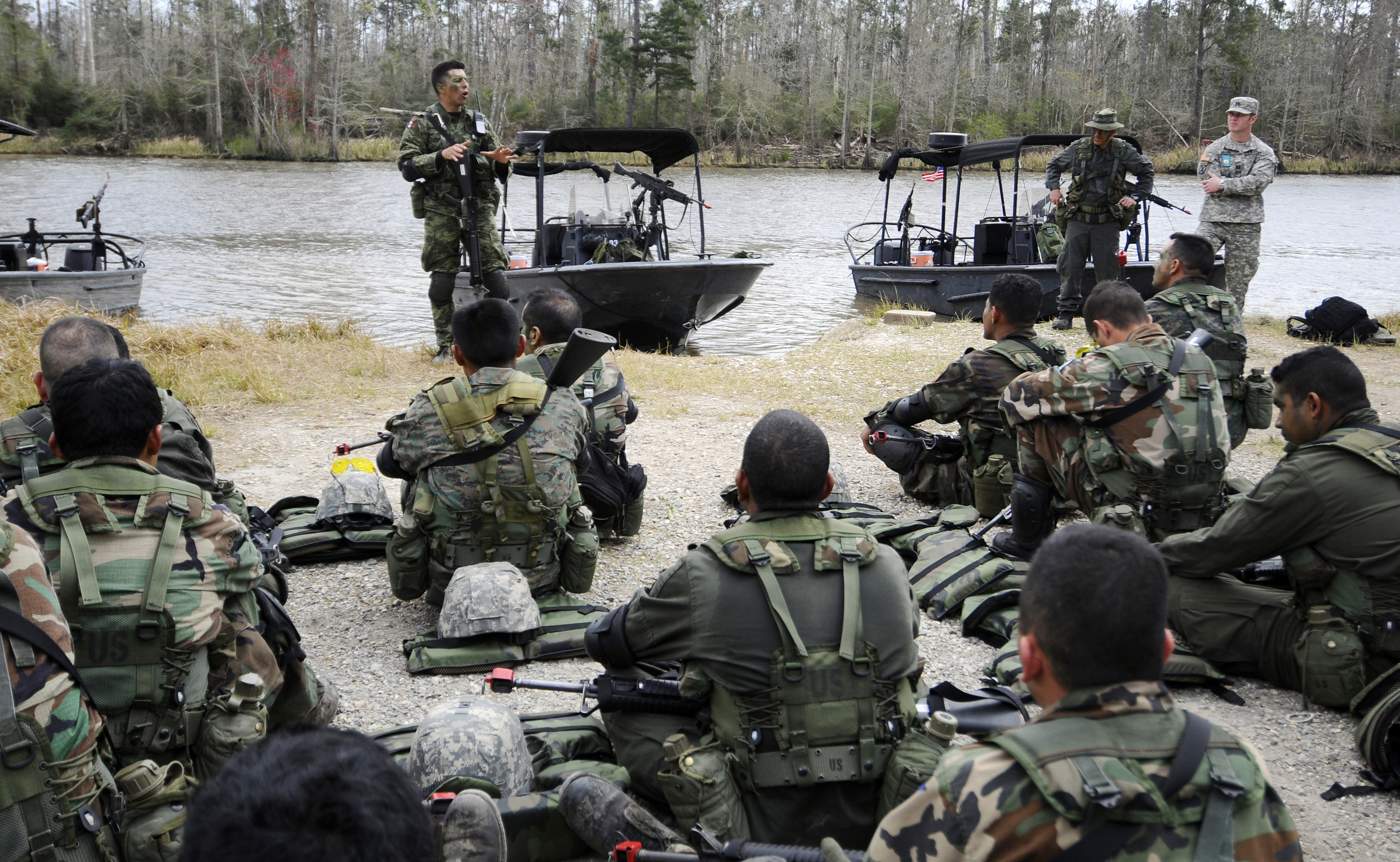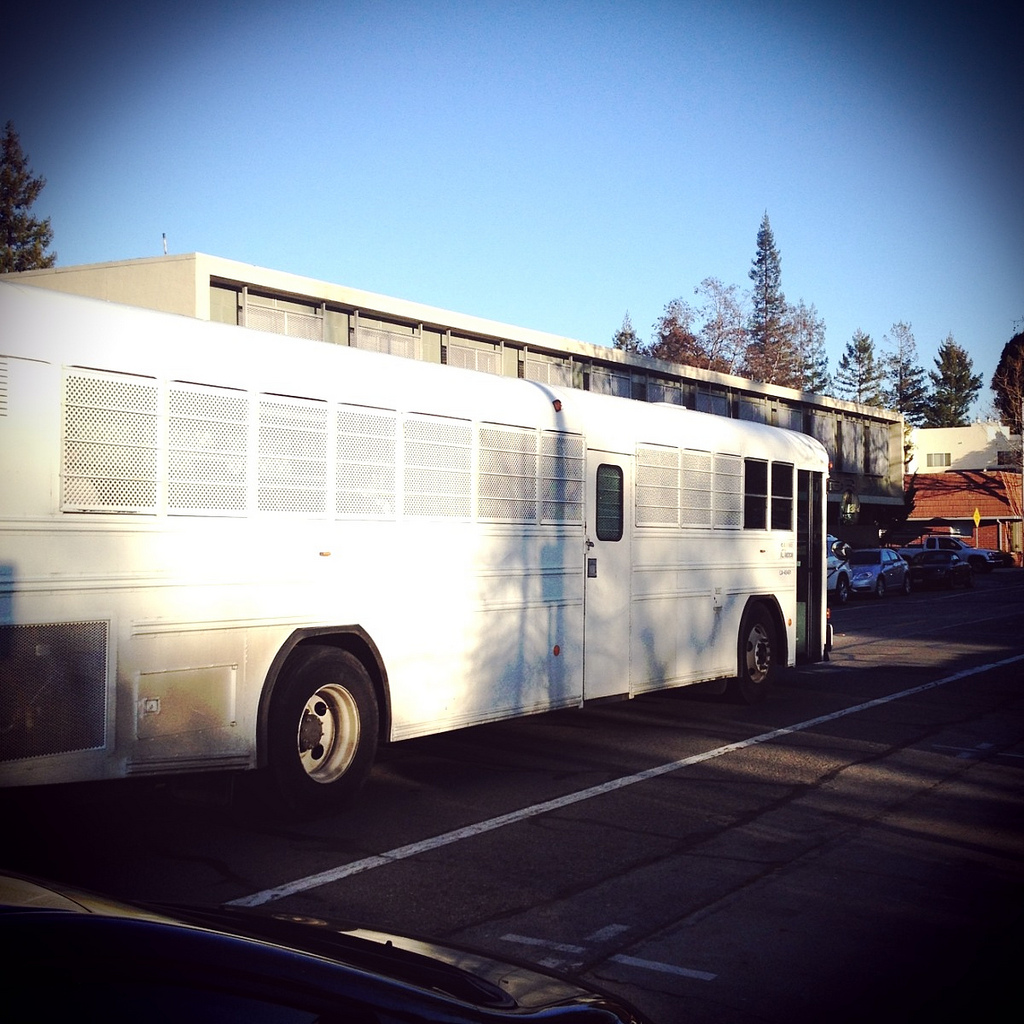Half as many prisoners in North Carolina face solitary confinement, thanks to dedicated efforts to cut back on the controversial practice often equated with torture.
“Last spring, roughly 5,330 of the state’s 38,000 prisoners – 1 in 7 – were segregated from other inmates on any given day,” wrote Taylor Knopf on May 26 in the News & Observer. “By this month, that number had been reduced to 2,540.”
Contrary to the idea that solitary confinement helps control dangerous inmates, Knopf noted: “State prison officials say solitary confinement is not working and doesn’t lead to positive behavioral change.”
“We are changing the culture” in prisons, said David Guice, the state’s prison commissioner, in an interview with Knopf. Other states saw reductions in violence against guards after limiting “heavy” use of solitary confinement, Guice said, expressing his hope that North Carolina would see similar results.
